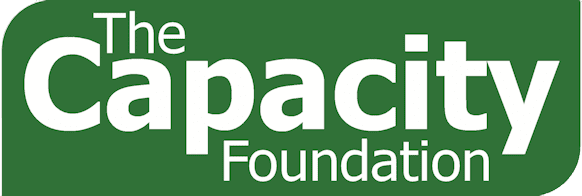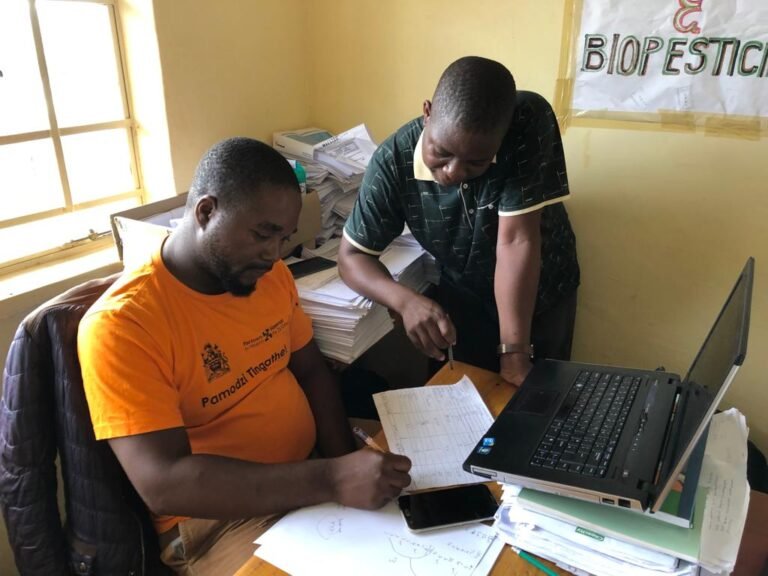Poverty isn’t just about money – ask anyone in Britain who is earning but still relies on a food bank. Poverty means the income level is so low that basic human needs can’t be met. Next question: what are the basic human needs?
Muhammad Yunus, Nobel prize winner for economics, who founded Grameen Bank, reckons a family is in poverty if they don’t have access to school and medical facilities, if they lack rainy-day savings, if they don’t have a watertight roof, if they lack enough to eat or clean water to drink, and if they have insufficient clothes or blankets to keep warm – in addition to the obvious shortage, which is money.
When the Capacity Foundation started in 2016, the first thing we did was to mount a household-level survey of almost one in five of the households in the area we serve. The survey provided powerful data to underpin the anecdotal evidence given by people. So we knew that a quarter of households lived on less than £20 a month, that one-in-eight people ate only once a day, one -in-nine households were affected by HIV/Aids, and a quarter of people couldn’t read.
Capacity had to understand all of the pressures on families, not only the lack of money, of income. Only then was it possible to create programmes that tackle all of the problems in a coherent and holistic manner.
Five years on and Capacity is re-interviewing a sample, but is also gradually interviewing every household: it will take two years to interview all 5,500 households but the information will enable each village to set its own improvement course.
That’s empowering people at the grassroots, because only by truly understanding a situation can you improve it. The community’s own solutions can be found on Capacity’s website: https://capacityfoundation.org.

